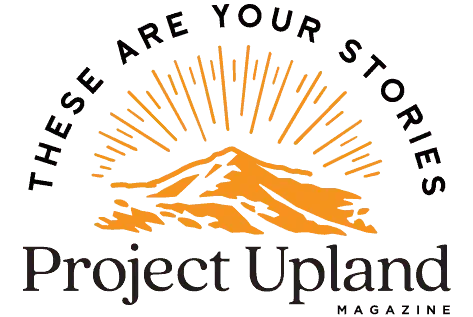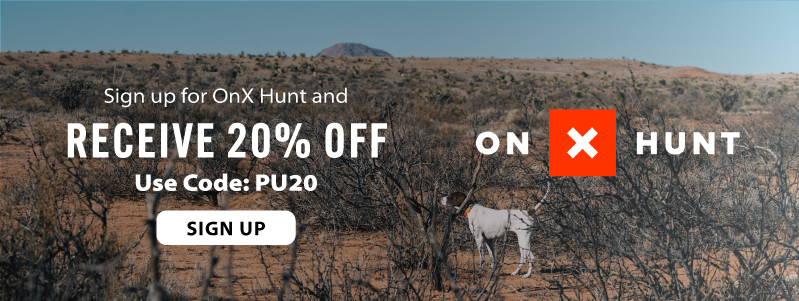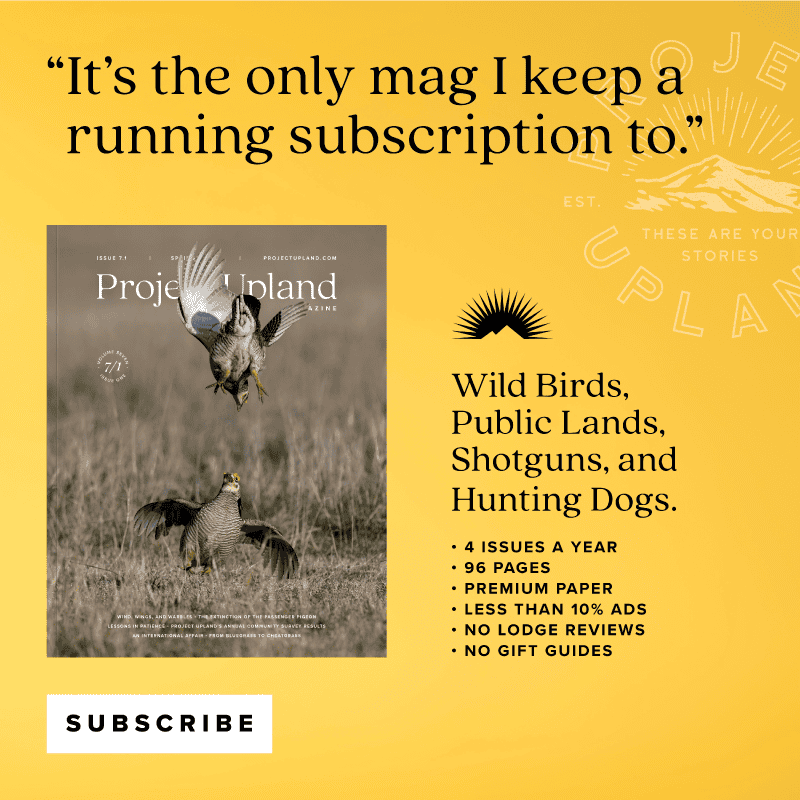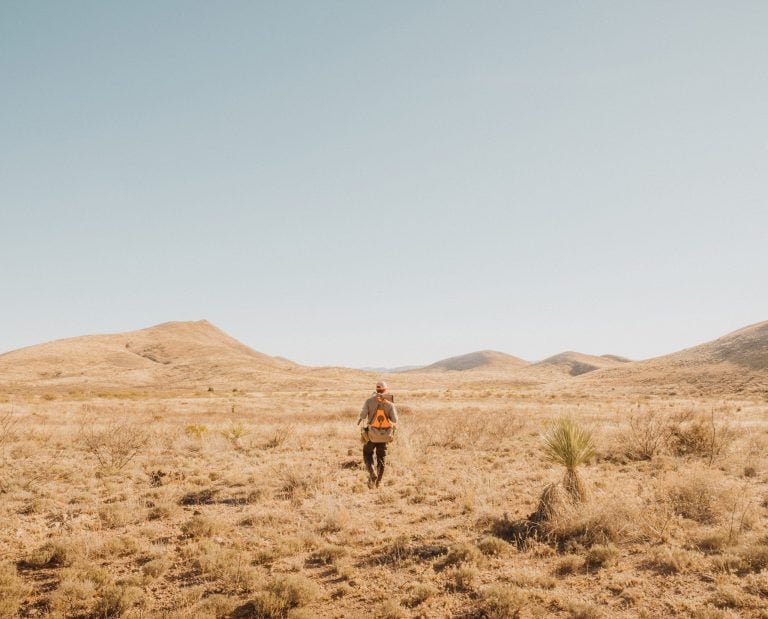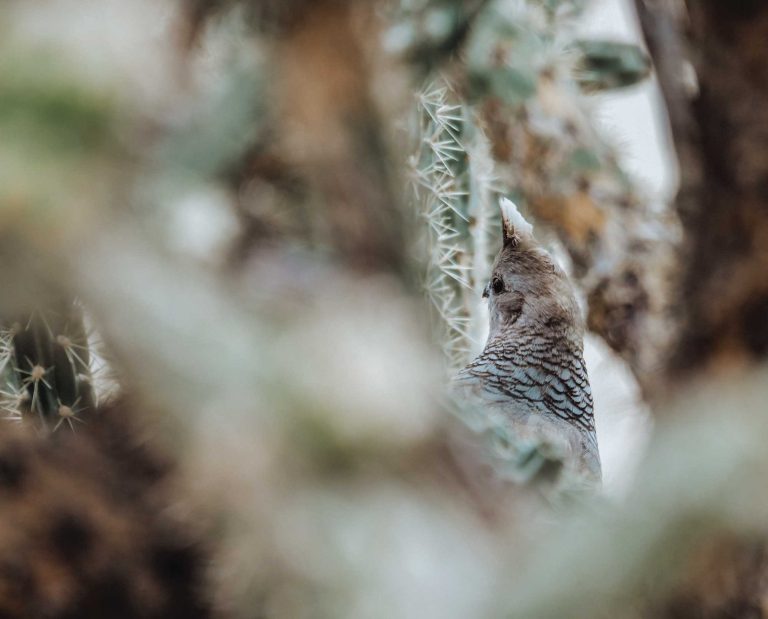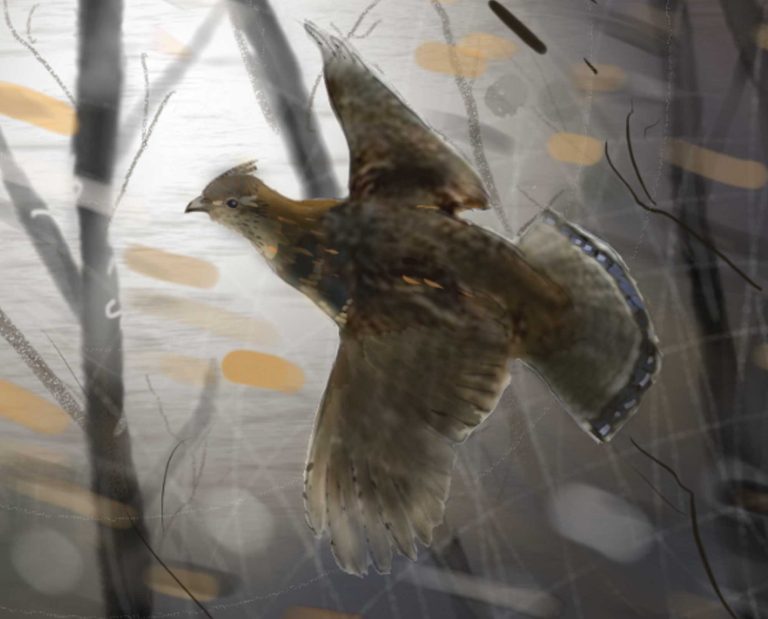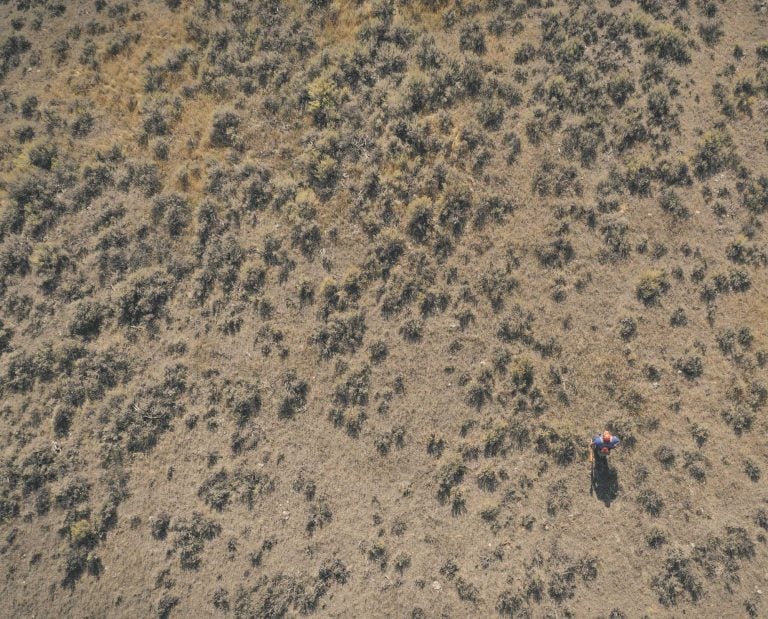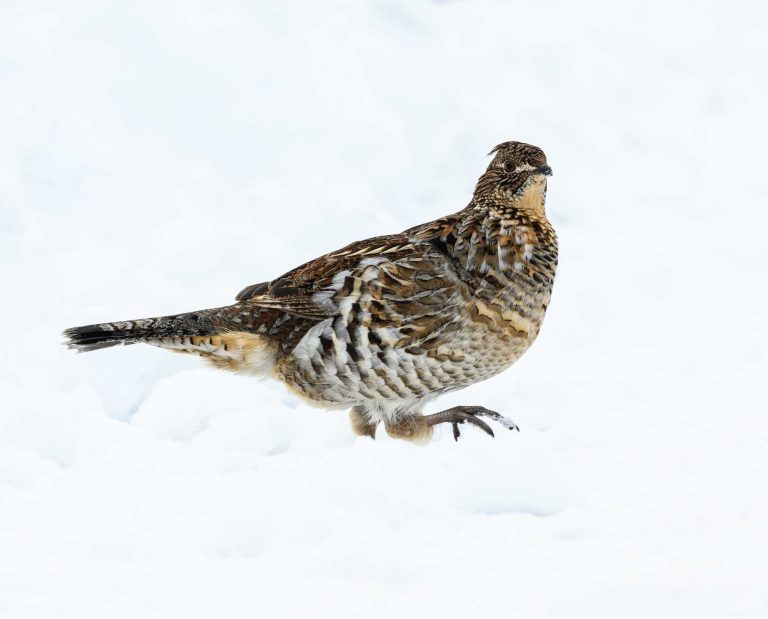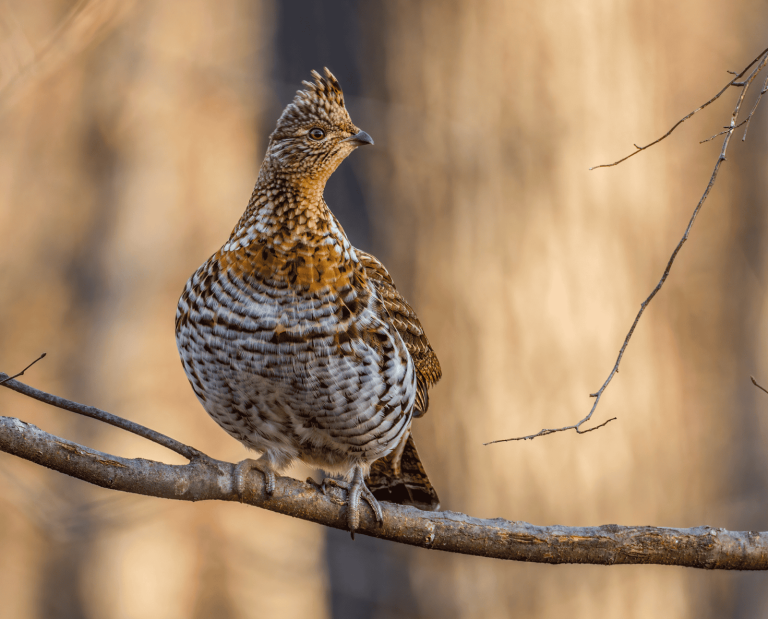Practicing Good Upland Hunting Etiquette
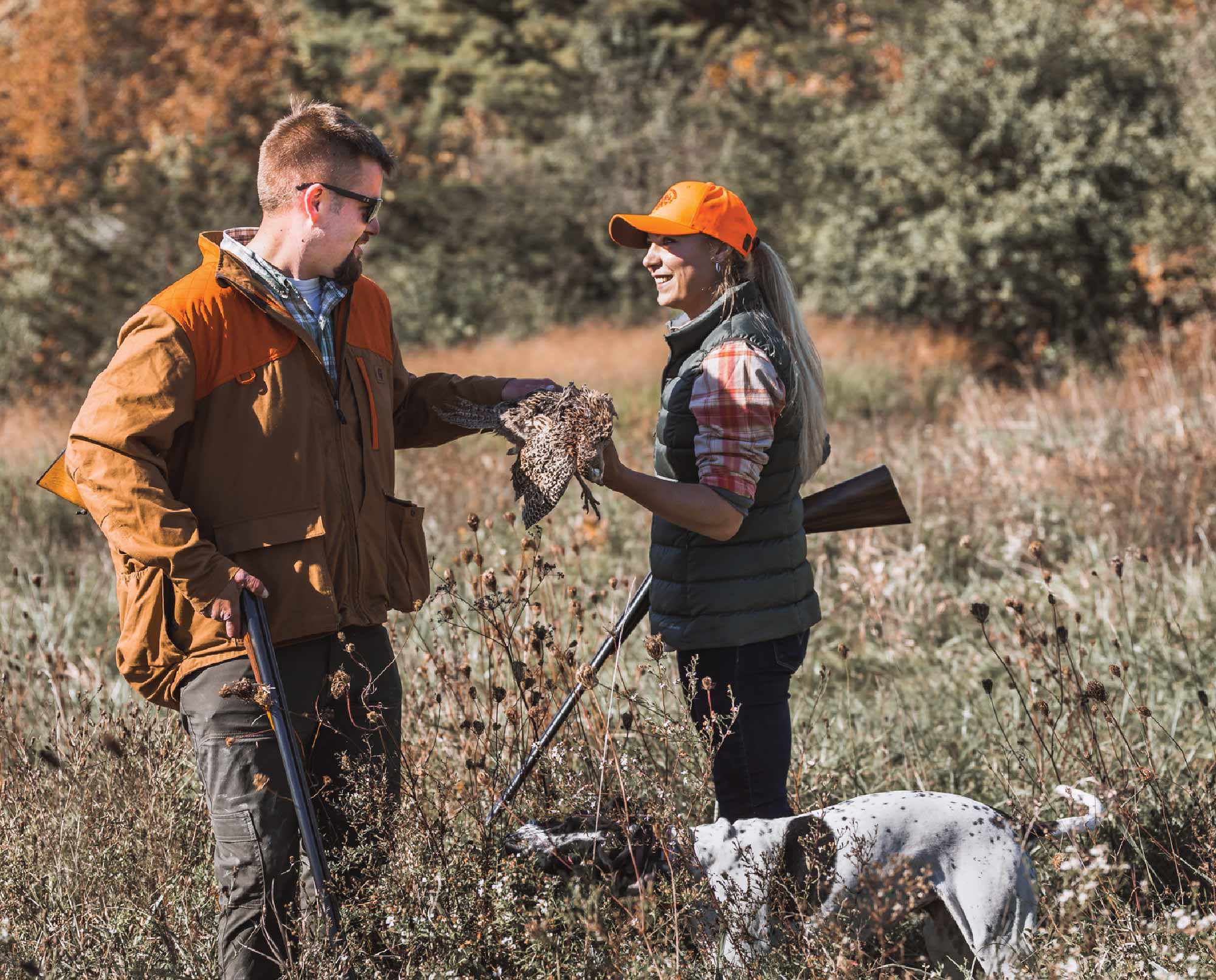
Good hunting etiquette extends beyond the law to ensure that hunters maintain a good reputation in local and outdoor communities
Everyone is familiar with the old adages that first impressions count and to always put your best foot forward. Amid a changing and sometimes volatile political and social climate surrounding hunting and firearms, the least we can do as upland hunters is to ensure that our conduct in the field is above reproach. We are losing more and more covers each year to posted signs, observing a rise in hunting pressure, and finding more landowners and community members with complaints of negative experiences with hunters.
While there are no formal rules to regulate our behavior in and out of the field, it’s worth considering how our actions and mindset may be perceived while we’re out enjoying the uplands. Positive interactions and responsible conduct will improve our persona and position as hunters both individually and as a community.
Upland etiquette starts before the hunt
Do your homework and scout your covers in the off-season; there’s no better time to take advantage of the digital scouting resource of OnX Maps to identify potential locations and then take a walk to proof your findings.
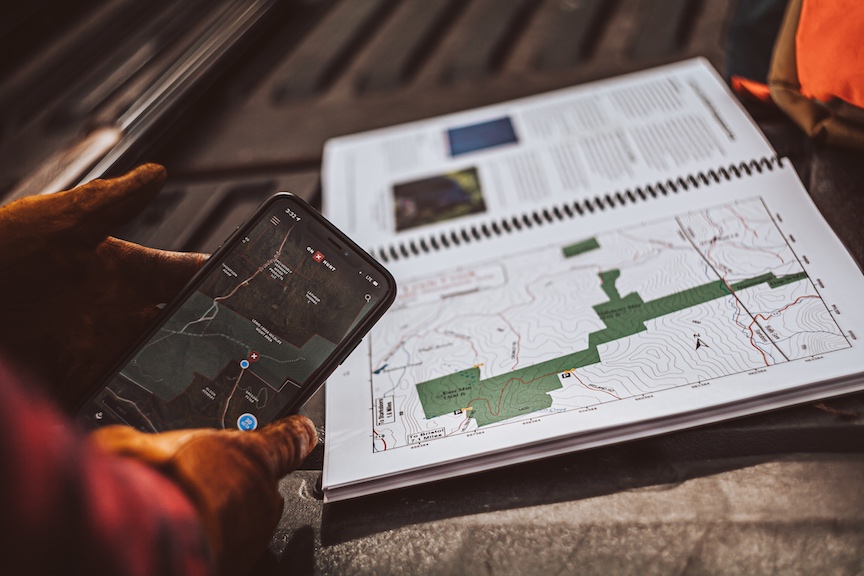
Familiarize yourself with concurrent hunting seasons and plan your outings around them; this is especially beneficial when hunting public land. Bowhunters will often sit on their stands around dusk and dawn and there may be duck hunters in the marshes or small game hunters moving through the property. Rabbit hunting with beagles is another favorite pastime and, in some places, hunting with hounds for bear, bobcat and other furbearers is still pursued. It’s good to be aware of what other hunting activities might be taking place while you’re out in the field.
When seeking private land permission, present yourself well and put yourself in a position to impress. Dress decently, be polite, and consider avoiding early mornings, dinner time and late evenings when knocking on doors. During the COVID-19 pandemic, consider reaching out to landowners electronically through telephone, email, or Facebook messenger. Have a plan, ask the proper questions, and be prepared to answer their questions appropriately. Be direct and express your intent to hunt the property, including where and when you’re requesting to use the area. Landowners may prioritize hunting rights on their property to family, friends, or farmhands and there may be a full house during rifle deer season. No matter what the arrangement may be, remain grateful and accommodating. Consider leaving a note with your personal contact info and vehicle description.
When you arrive to hunt private land, avoid driving across fields and damaging crops. Park far enough off any roadway and do not block gates. If you were unable to make contact with a landowner and can legally hunt un-posted land, leave a note on your dash that shares the nature of your visit, your approximate whereabouts, and a cell number should someone need to contact you. Be sure to leave a trip itinerary with your spouse, family, or friends back home with where you plan to be, the duration of your outing, and when you plan to return home. If you encounter other hunters at the start of a hunt, make a plan to work around each other on larger properties or consider joining forces on the small covers and short walks.
Practicing good etiquette during the hunt
Know the area you are hunting and double-check your OnX app regularly to stay within the boundaries of the property that you have permission to hunt. Stay far enough away from roads; some states have legal distances you must follow. Avoid hunting too close to residences, dwellings, and other farm structures as well any livestock on-site. Navigate carefully over fences and close any gates that you pass though. If you see something amiss, whether it be property, livestock, or unlawful activity by others, notify the landowner.
Even on private property where you do not expect to encounter others, it is always a good idea to wear enough blaze orange to be seen by others, including members of your own hunting party. Public land hunters may additionally consider outfitting their dogs in an orange vest for added visibility in high-traffic areas and whenever big game seasons are open.
Many people are enjoying fall recreation and you may encounter hikers, foragers, wildlife photographers, and most likely other hunters. Make your presence known if you encounter another hunting party or another individual. Put your dogs on lead to ease the anxiety of others and to maintain control of any multi-party dog situations.
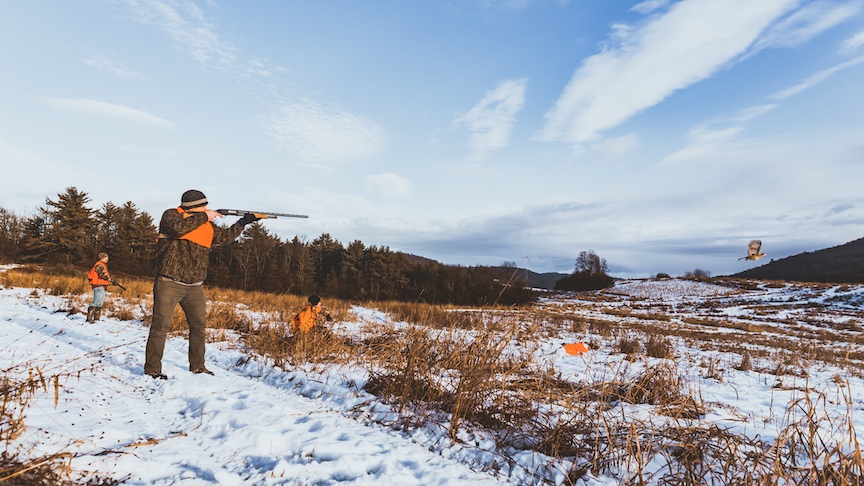
Be mindful of your shooting and be aware of where all other hunters and dogs are at all times. Never shoot over hunters or dogs or toward houses, buildings, or roads. Don’t ever be afraid to refrain from pulling the trigger if the opportunity is questionable; safety should always be the top priority in the field.
Follow up to recover every downed and wounded bird. For the dog-less hunter, bring along an orange handkerchief or extra blaze cap: one to hang where you stood when you took the shot and the other to place at the last location you marked the fallen target. This simple technique has increased the recovery of many birds for solo, dog-less hunters.
And lastly, never handle another handler’s dog.
Good upland etiquette extends after the hunt
By now you’ve reaped the rewards of the work and the process leading up to the end of the hunt. Be sure to collect your spent hulls and pack out what you’ve packed in. Leave the property just as you found it, or better if possible. Thank any landowner for their generosity of your access and consider bringing them some wild game, baked goods, or perhaps a gift card to express your gratitude. Offer to pitch in and help with chores and farm work in the off-season.
If someone has invited you to a cover, don’t go back with your buddies without discussing it with your host. If you’re new to the game or new to an area, a great way to make friends is to share the work and build a network of like-minded hunters. You’ll get more invitations to hunt by inviting others to hunt with you. Don’t be a mooch! Do some scouting, secure some covers, and offer to chip in on gas or shells.
Introduce a new hunter to the uplands. Set them up for success by answering their questions and tailoring the hunt to their interests and enjoyment. There is no greater feeling than witnessing a new hunter immersed in curiosity and then harvest their first bird. Mentorship plays a vital rule in the future of upland birds and upland hunting.
This isn’t meant to be an exhaustive set of parameters to which you must adhere, but rather a few simple suggestions for you to ponder during your upland pursuits. Following some of these basic principles often makes the difference when securing and maintaining private land access and the good graces of local landowners and public perception. With our hunting culture under constant scrutiny, there is an inherent duty we have as safe and ethical hunters to impress upon our communities and fellow hunters that acting ethically ensures our place as trustworthy stewards in the outdoor sporting community and conservation movement.
